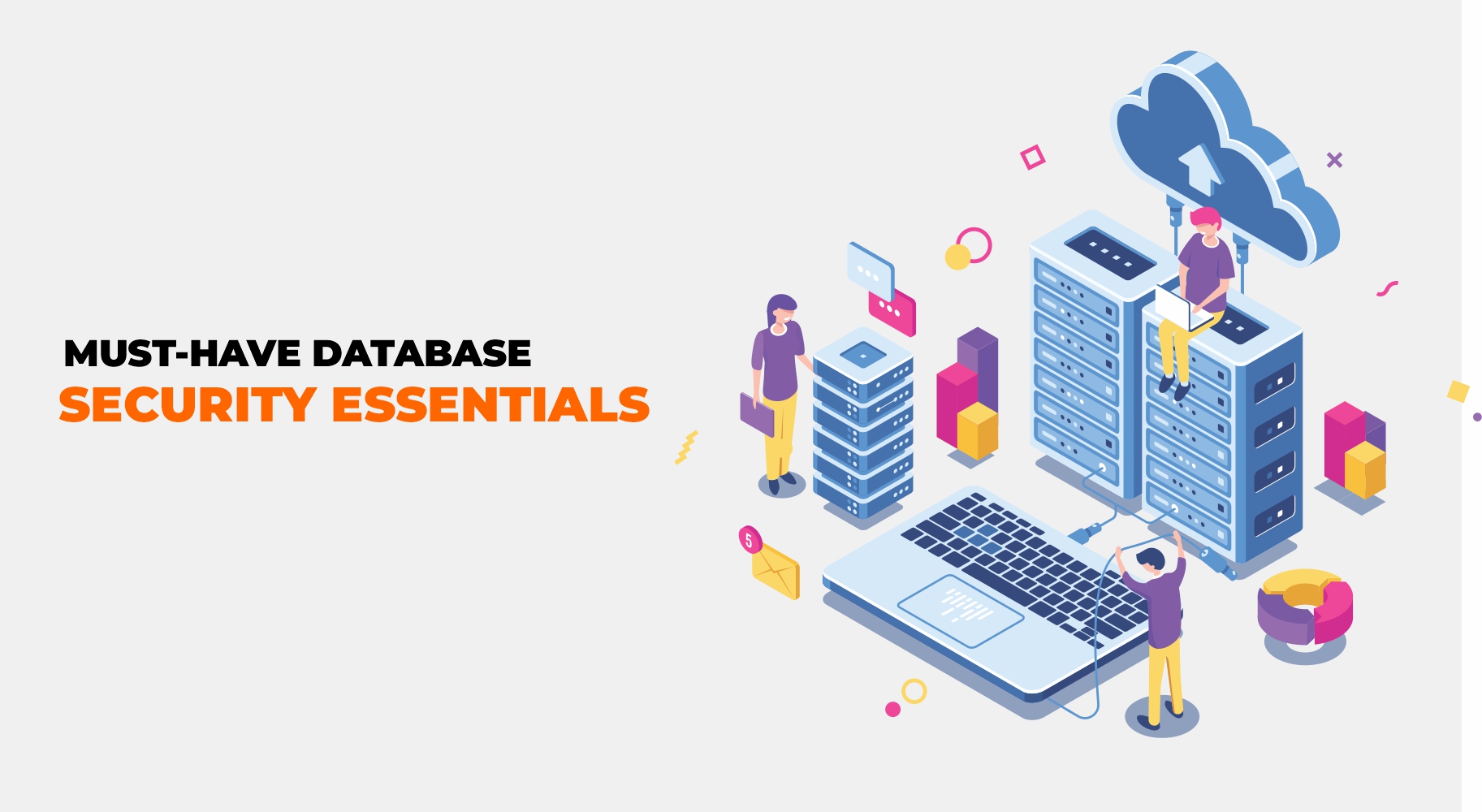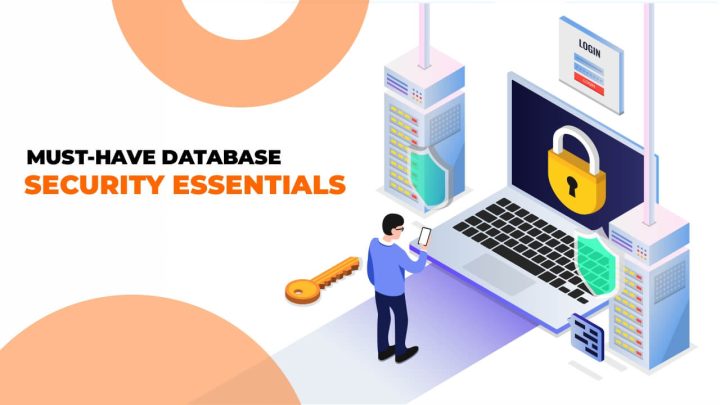Data is undoubtedly the company’s most valuable assets comprising customer lists, financial data, personal information, and beyond. All such information is stored in a database. Database administrators need to ensure that the data stored in databases is secure and is prevented from any type of security threat. Today organization’s financial conditions, reputation, and overall functionality are dependent on its capability to safely store, move, and manage its data. An insecure database is a prominent reason behind security breaches that leads to the exposure of massive amounts of sensitive data. The irony is that database breaches are not just restricted to big companies; companies of all sizes are at risk. Thus database security is of great importance for every company and they should have proper database security in place.
Database security includes all the tools and measures that are designed to create and preserve database integrity, confidentiality, and availability. Database security covers not only data stored in it but also protect database management systems, applications that use data stored in the database, hardware servers, cloud-based servers, and even network access points. With data security threats becoming more powerful and prevalent, businesses need to give due significance to security issues every time they build, migrate, or upgrade their database. To ensure that their data is protected from the latest internal and external threats, organizations need to have the following must-have security essentials.

Encrypt Data – The best way to keep sensitive and vital data and information secure even if it gets lost or stolen is by encrypting the data. In this scenario only authorized users will be able to access the data and organizations should always prefer encryption that is built into the database and doesn’t have to be purchased as an add-on encryption solution. In a database with built-in encryption, data is automatically encrypted by the database and is only decrypted if authorized users use it.
Maintain Separate Database Servers – To keep databases safe from cyber attacks organizations require specialized security measures. Organizations should never have their data and website on the same server because it will even expose their data to cyber criminals who target their websites. Any security breach on the website will also enable cyber criminals to potentially access the database as well. Thus to mitigate this risk, an organization should separate their database servers from everything else and should also use real-time security information and event monitoring dedicated to database security and enable organizations to take immediate action in case of a security breach.
Cloud Security – With several organizations deploying databases on the cloud, or if any company plans to switch to the cloud, then they must ensure that the cloud database offers strong data protection. Businesses’ on-premises databases replicate data to the cloud and this will save data in case of a disaster in the primary data center. Companies should look for a managed cloud solution from a reputed provider because this will keep their data safe on the cloud as it is within their data center.
Actively Monitor Database – Companies should adopt real-time database monitoring and should actively scan their databases to immediately identify breach attempts and react to potential attacks. Organizations can also make use of the monitoring software to log all actions taken on the database’s server and that also alerts in case of any breach. Companies can also set database security includes all the tools and measures that are designed to create and preserve database integrity, confidentiality, and availability. haton protocols to keep their data safe in case of potential attacks. Companies should regularly audit their database security and conduct cybersecurity penetration tests that discover potential security loopholes and manage them prior to potential breaches.
Set up HTTPS Proxy Server – A proxy server acts as a guard and keeps any non-authorized requests away. It checks every request sent before accessing the database server and hence if companies are dealing with sensitive information, then they should set up an HTTPS server because data travelling through a proxy server is encrypted and provides an additional security layer.
